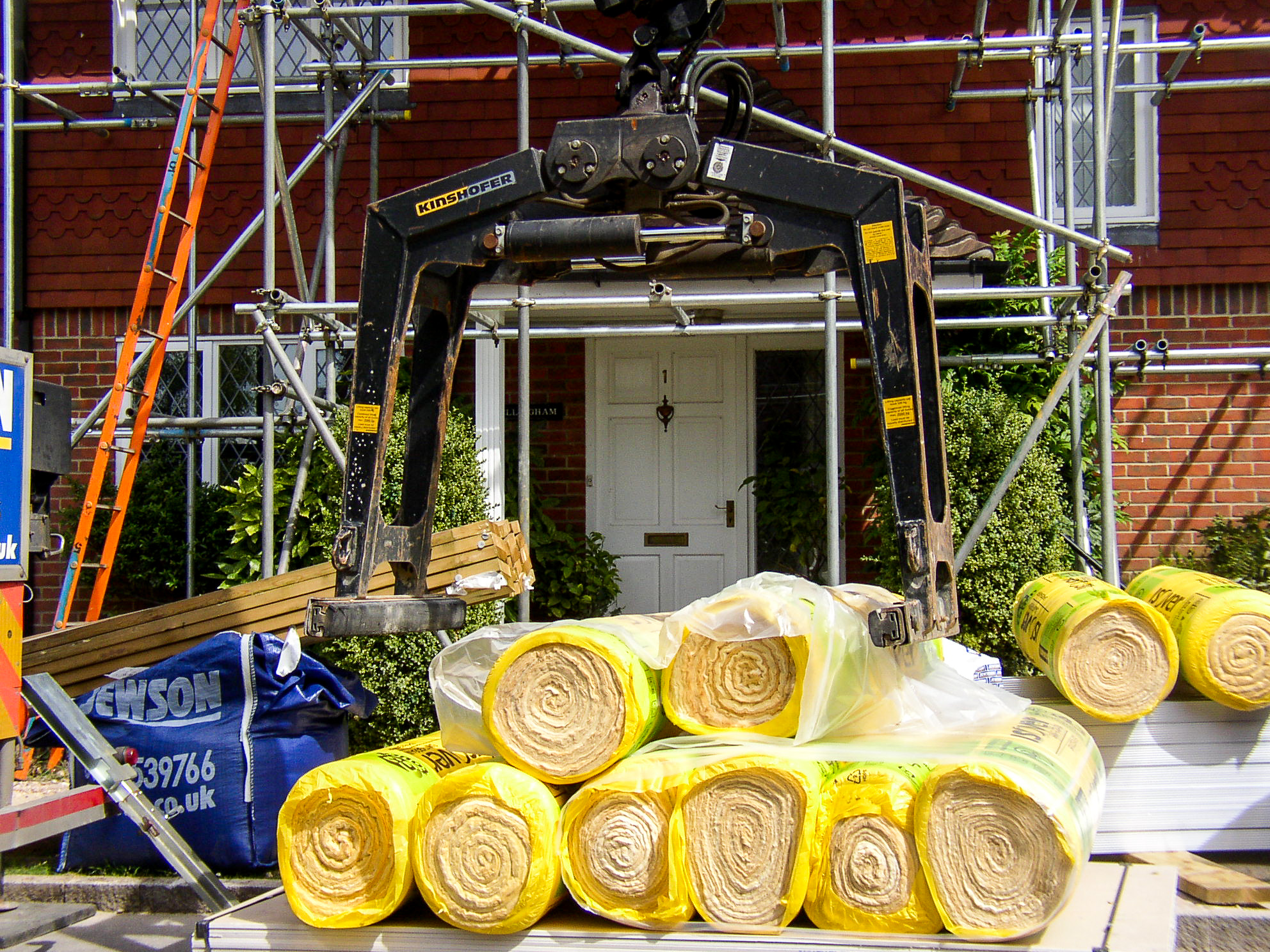Should I buy the materials for my extension and just pay labour?
Should I buy the materials for my extension and just pay labour?
Buying building materials to save money on a home extension build can be a tempting proposition.
If you are able to devote the time and energy into sourcing materials and getting them delivered on site at the right time for a contractor, it can be a great way of keeping control of your home build budget.
While contractors can often add a premium to the cost of materials they provide or keep their trade discount to themselves, buying the materials yourself means you can cut out the middleman, get the right products you want and ultimately keep any discounts.

But, beware. Any good builder will know which materials comply with the required building specifications and necessary quality standards. If you have little experience of managing a build – acquiring all this information and getting the materials to arrive on site, in the right quantities and at the right time can be a little daunting. Get it wrong and by-passing your contractor’s expertise could start costing you more than you were saving.
The more you do yourself, the more you are open to risk. Sourcing, purchasing and scheduling materials requires good negotiating skills as well as a lot of planning and research. While you might be able to open a trade account at your local builders’ merchants or go direct to a manufacturer, you are still at the beginning of fostering a new relationship, while a good contractor will already have their established suppliers at their fingertips and know the products they are buying inside out.
The secret says Mike Hardwick, Build It author and general manager at the National Custom and Self Build Association is to plan ahead and not to sweat over the small stuff. “Running yourself ragged trying to save a few pennies on material purchases just adds to the natural stresses and strains of self-building – and it takes up an extraordinary amount of time for relatively limited gain,” says Mike.
“I would always recommend that you reserve your negotiating skills for the big-ticket items like bricks, tiles, windows and doors, where getting a decent discount can be worth hundreds or in some cases thousands of pounds. One good deal on a big item can easily negate all of the little savings on bags of screws and tins of paint.”
If you fancy delving into the world of building suppliers and making the most of trade discounts, here are a few considerations when buying your own materials:
- DELIVERY TIMES – be aware of any issues with availability of stock items or lengthy delivery dates. Timber frames can take anything from 6-12 weeks to arrive, while windows and doors can take 4 weeks to arrive. You don’t want to be paying contractors to be on site when there are no materials with which to work.
- STORAGE – buying in bulk direct from a wholesaler can bring big savings, but do you have somewhere secure to store 20 bags of cement or 8,000 bricks?
- ACCESSIBLITY – are you able to meet early deliveries on site and do you have the right machinery and equipment to move larger items to where they need to be? Think about how you will manage materials once they have arrived on site.
Remember - the biggest advantage about buying your own building materials is that nobody cares more about your budget than you do. If you’re willing to put the legwork in, buying your own materials and just paying for labour can be a great way to save money on your home extension build.
